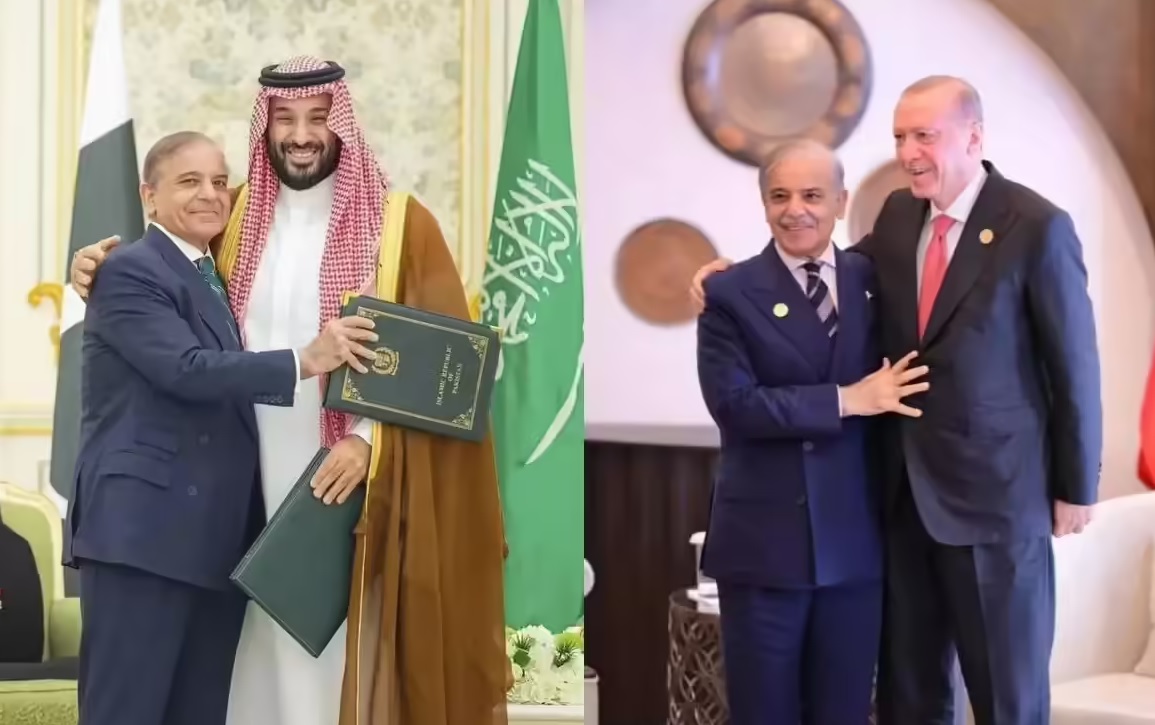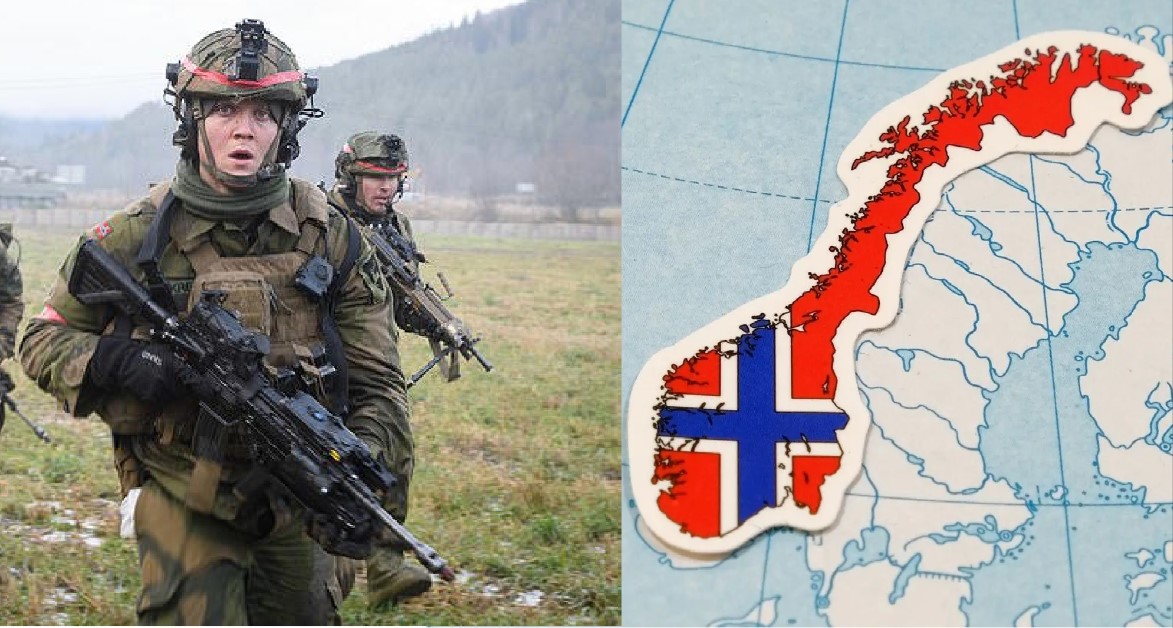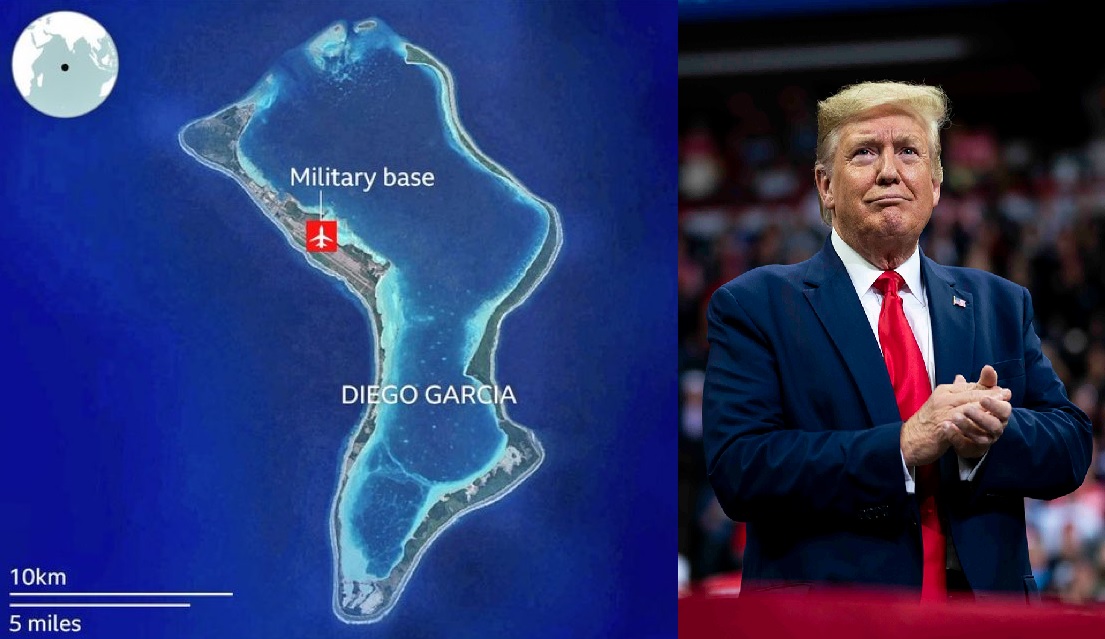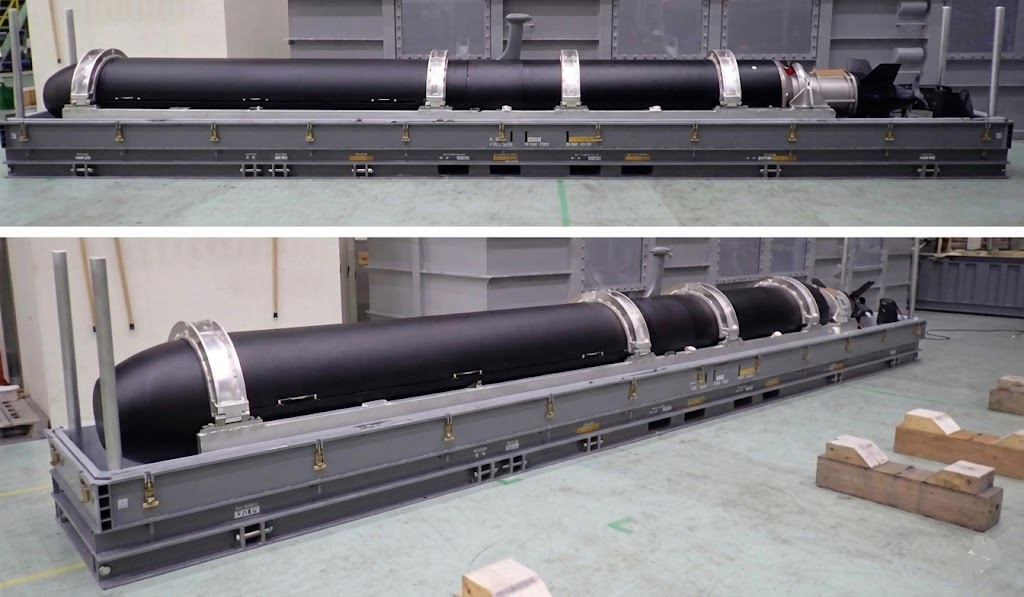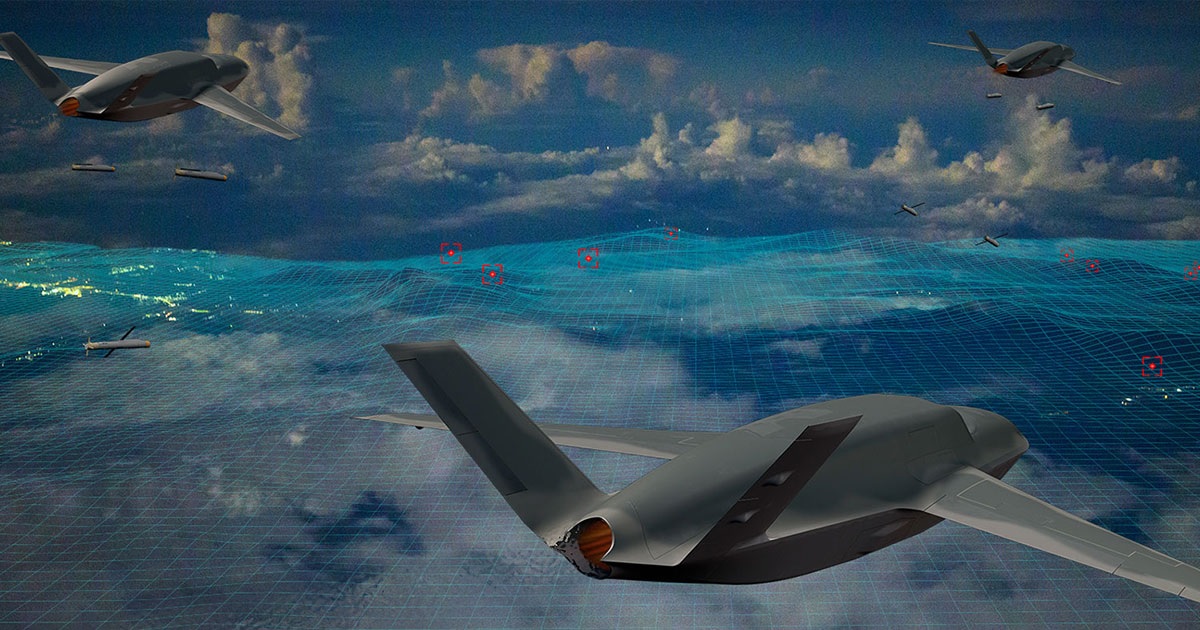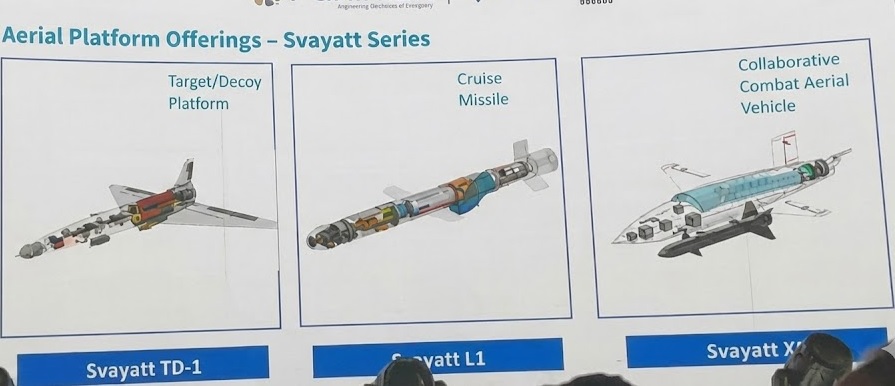Poland Closes Airspace Amid Russian Strikes on Ukraine, NATO Boosts Baltic Defences

Poland temporarily closed part of its airspace southeast of Warsaw on Sunday due to “unplanned military activity”, following a fresh wave of Russian strikes on Ukraine. The closure affected the cities of Lublin and Rzeszow and was expected to last until early morning, according to Polish armed forces.
The Polish military scrambled aircraft to secure its skies, emphasizing that the measures were preventive, aimed at protecting citizens and maintaining the integrity of national airspace.
Meanwhile, Ukraine’s air force activated nationwide air raid alerts from 03:00 GMT on Sunday in response to the new Russian attacks.
Rising Tensions in NATO Borders
Earlier this month, Polish and NATO forces intercepted Russian drones that entered Polish airspace, marking the first direct military engagement with Moscow since Russia’s invasion of Ukraine in 2022. In response, Russian Foreign Minister Sergey Lavrov warned that “any aggression against my country will be met with a decisive response,” while asserting that Moscow has no intention of attacking the West unless provoked.
In a broader regional context, NATO announced an upgrade of its mission in the Baltic Sea, deploying an air defence frigate and additional intelligence, surveillance, and reconnaissance (ISR) platforms. This move followed reports of unidentified drones near Danish military installations, described as hybrid attacks.
Danish Prime Minister Mette Frederiksen called the incidents “the most serious attack on Danish critical infrastructure to date.” As a result, Copenhagen Airport, the busiest in the Nordic region, temporarily closed, along with five smaller civilian and military airports in the following days.
Neighbouring countries have also reported potential drone threats. In Norway, police are investigating drone sightings near Oerland Air Force Base, the central hub for the country’s F-35 jets. In Germany, Interior Minister Alexander Dobrindt reported a drone swarm over Schleswig-Holstein, proposing revisions to air safety laws to allow the military to shoot down drones if necessary.
EU Plans to Strengthen Drone Defences
In response to rising threats, defence ministers from around 10 EU countries announced plans to prioritize building a “drone wall” to secure their borders. However, Russia’s Ministry of Foreign Affairs warned that these measures could increase military and political tensions in Europe, describing the initiatives as the personal ambitions and political games of EU ruling elites.
Strategic Implications
The incidents highlight growing concerns over airspace security in Europe amid the ongoing Russia-Ukraine conflict. NATO’s rapid response, including upgrades to Baltic Sea defences and cooperation with member states like Poland, Denmark, and Germany, underscores the alliance’s commitment to regional security and deterrence against hybrid threats.
As drone and airspace incidents continue across multiple countries, European nations are accelerating efforts to strengthen border security, protect critical infrastructure, and prevent potential escalation stemming from Russia’s military actions.
About the Author
Aditya Kumar:
Defense & Geopolitics Analyst
Aditya Kumar tracks military developments in South Asia, specializing in Indian missile technology and naval strategy.
